Spotlight: Wu Man
Recognized as the world’s premier pipa virtuoso, Wu Man is a soloist, educator, and composer who gives her lute-like instrument—which has a history of more than 2,000 years in China—a new role in both traditional and contemporary music.
She has premiered hundreds of new works for the pipa and appeared in more than 40 recordings. Projects she has initiated have resulted in the pipa finding a place in new solo and quartet works, concertos, opera, chamber, electronic, and jazz music as well as in theater productions, film, dance, and collaborations with visual artists. She has performed in recital and with major orchestras around the world, is a frequent collaborator with ensembles such as the Kronos and Shanghai Quartets and The Knights, and is a founding member of the Silkroad Ensemble.
Born in Hangzhou, China, Wu Man studied at the Central Conservatory of Music in Beijing, where she became the first recipient of a master’s degree in pipa. She moved to the U.S. in 1990 and was awarded the Bunting Fellowship at Harvard University in 1998.
She was the first Chinese traditional musician to receive the United States Artist Fellowship (2008) and the first artist from China to perform at the White House. In 2013, she was named Musical America’s Instrumentalist of the Year and in 2021 she received an honorary Doctorate of Music from the New England Conservatory of Music. She is a Visiting Professor at her alma mater the Central Conservatory of Music in Beijing and a Distinguished Professor at the Zhejiang and the Xi’an Conservatories.
How did you decide to become a musician? What drew you to your instrument?
My parents decided that I was going to be a musician! My father thought that girls looked very elegant holding the pipa, and so they encouraged me to play. The pipa has a long, respectable history in China and a lot of stories behind it. I was intrigued by it and also drawn to the shape of it. It looked very different and interesting. I also liked the challenge of learning to play, and I was a quick learner. Kids are brave! They just go for it and play loud and fast! I struggled to continue to perfect my technique and play the notes to get the sound I need to get, but the pipa very soon became an essential part of my life.
When did you first work with Silkroad? And if you remember, what was the project?
The concept of Silkroad was first explained to me by Yo-Yo in 1998 when we were performing a concert lecture together. He told me he wanted to start a band with all kinds of instruments and with people from all kinds of music traditions and I was very excited and said “I’m in!” I was part of the very first workshop at Tanglewood and officially joined the ensemble in 2000. We have been on many adventures together and it has changed my life and opened up the world to me on many different levels.
(Wu Man speaks about the origins of Silkroad in this podcast.)
What is one of your favorite memories while working with Silkroad?
Our 2003 tour of Central Asia remains a favorite and treasured memory. We went to the Kyrgyz Republic, Kazakhstan, and Tajikistan – the heart of the actual Silk Road. We stayed at the President’s compound in Kazakhstan, which was an extraordinary experience. The main reason it is my favorite memory is because of the people that we met. The students, the audiences, and the other musicians were all very beautiful and warm. To me, it captured what the Silkroad Ensemble and being a musician is all about: being open to other cultures and to use music as a way to bring people together.
How has the pandemic affected you as an artist?
The main impact was not being able to travel. So much of my life as an artist is performing and connecting with audiences and other musicians, and also teaching, in person. The pandemic meant that I had to find other ways to do make those connections. I took part in a lot of online lectures and masterclasses, virtual concerts, and also created my own “Pop Up Pipa” series that is 12 short videos with guest musicians from around the world, blending cross-cultural performances with fun facts about musical traditions.
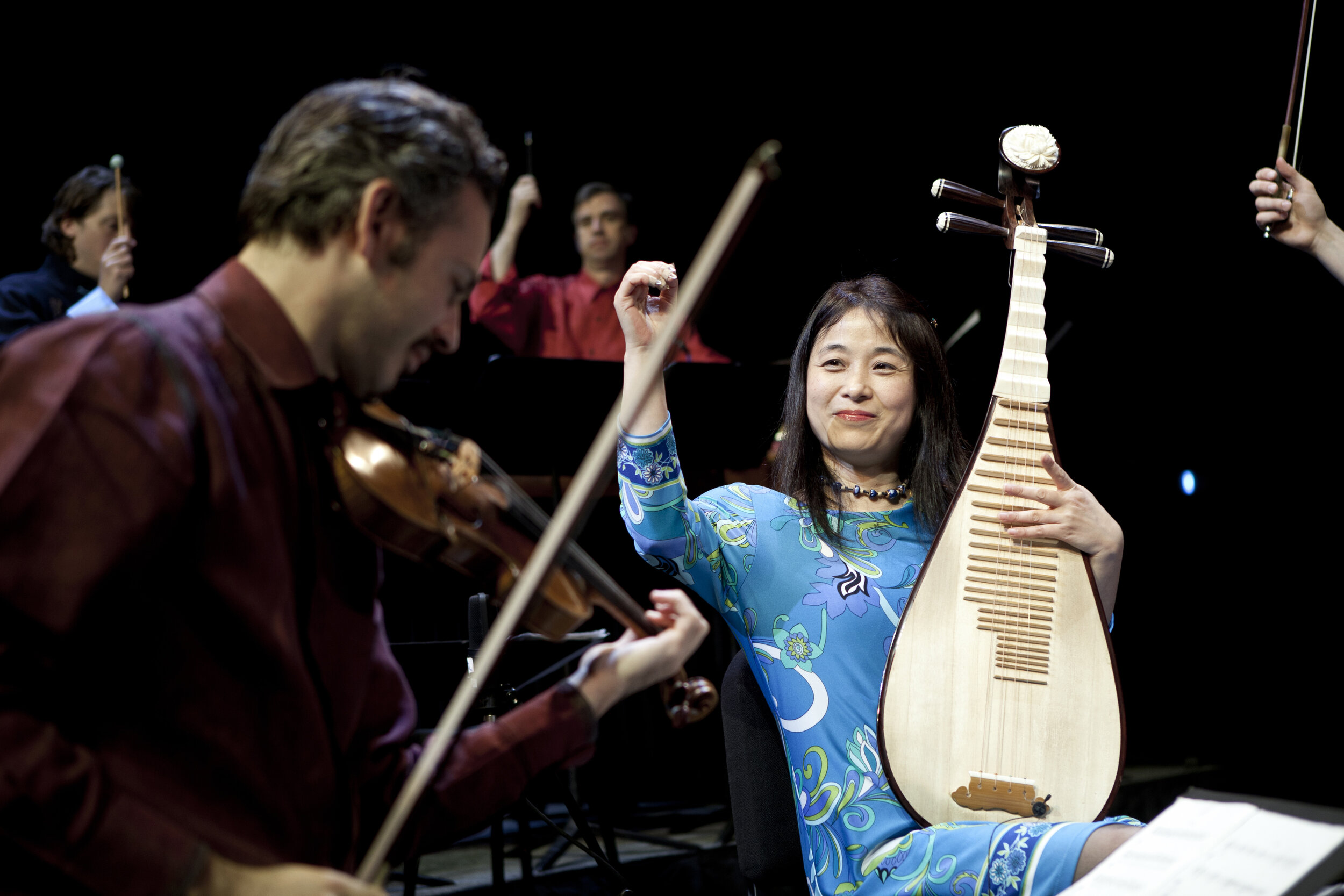
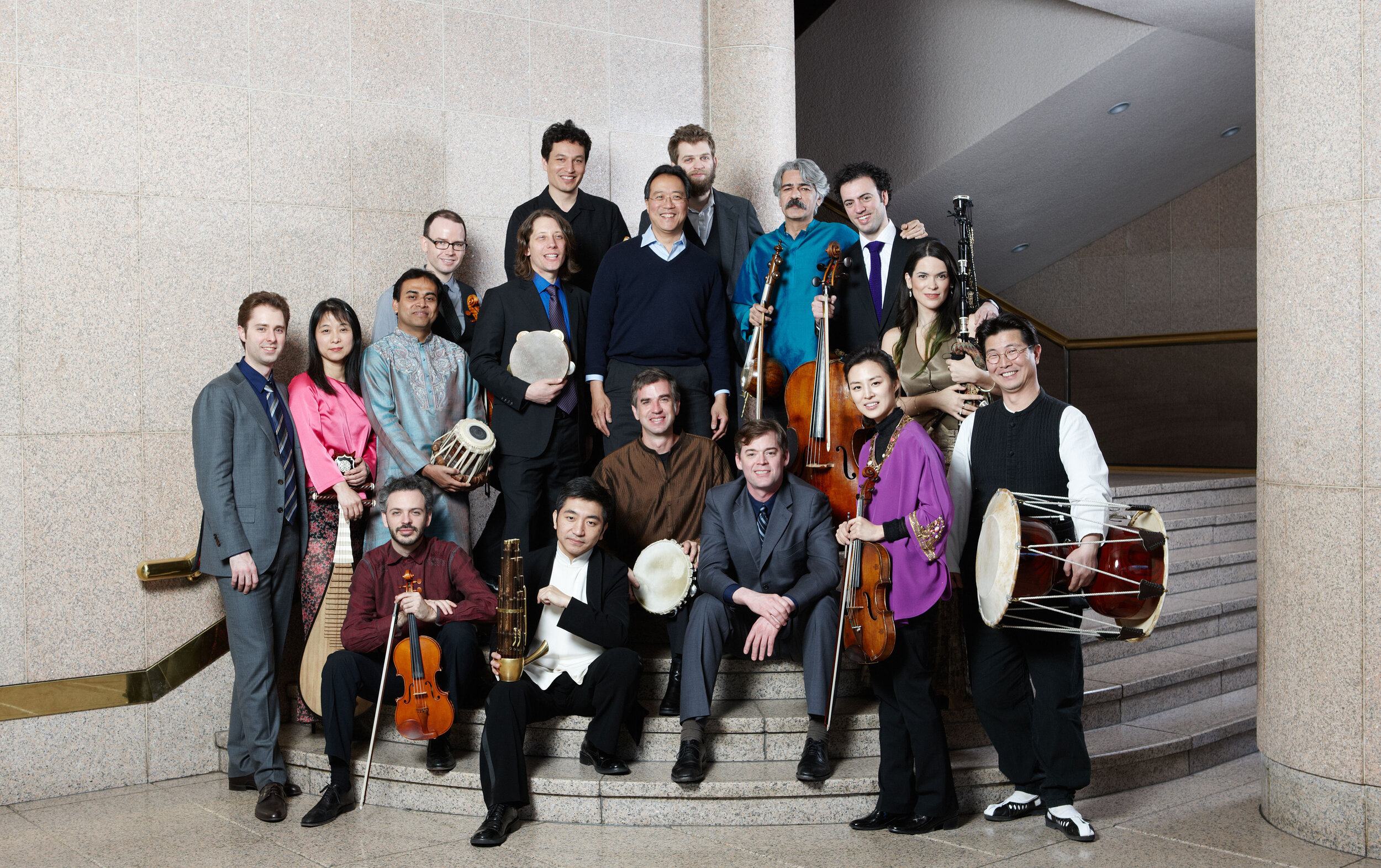
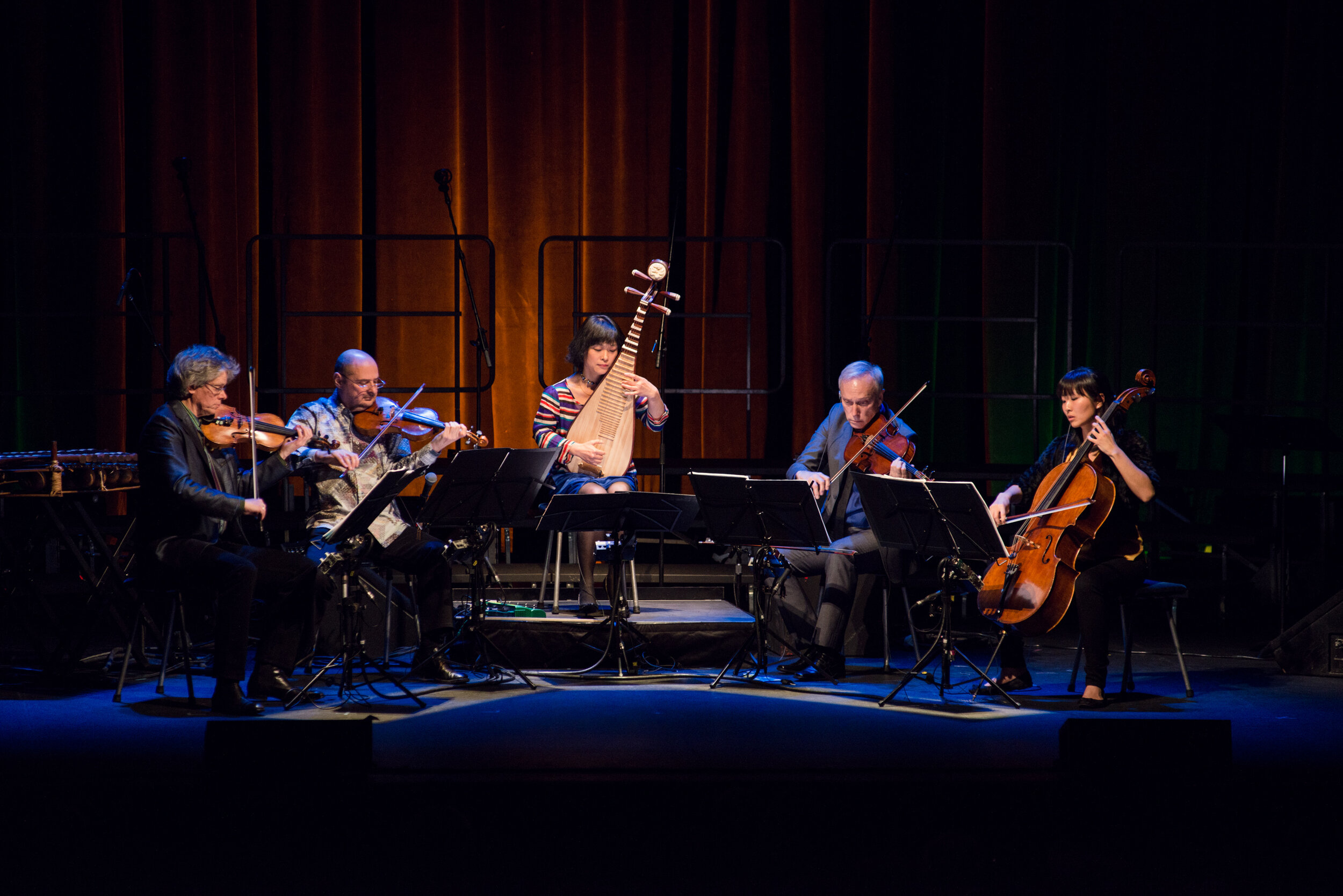
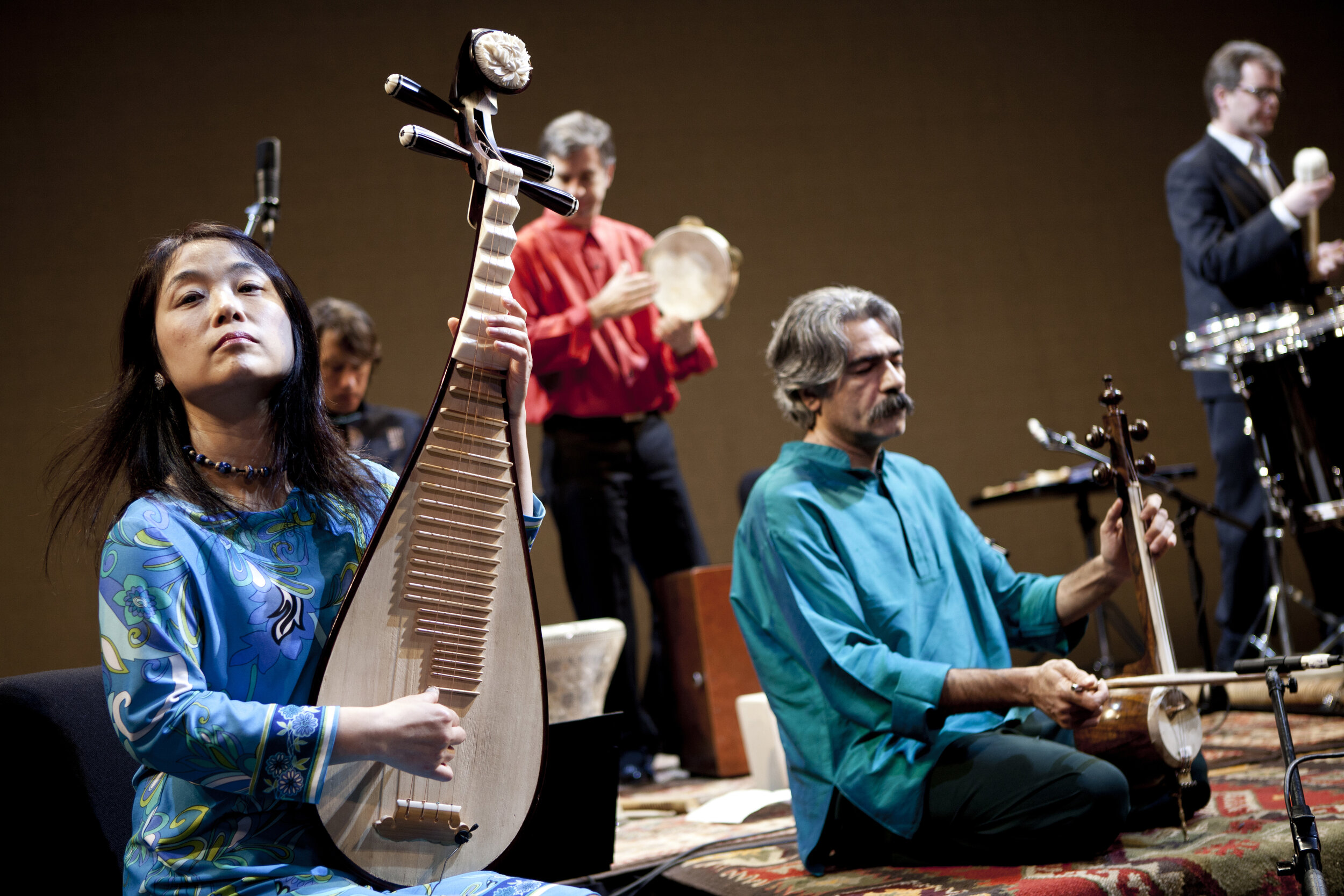
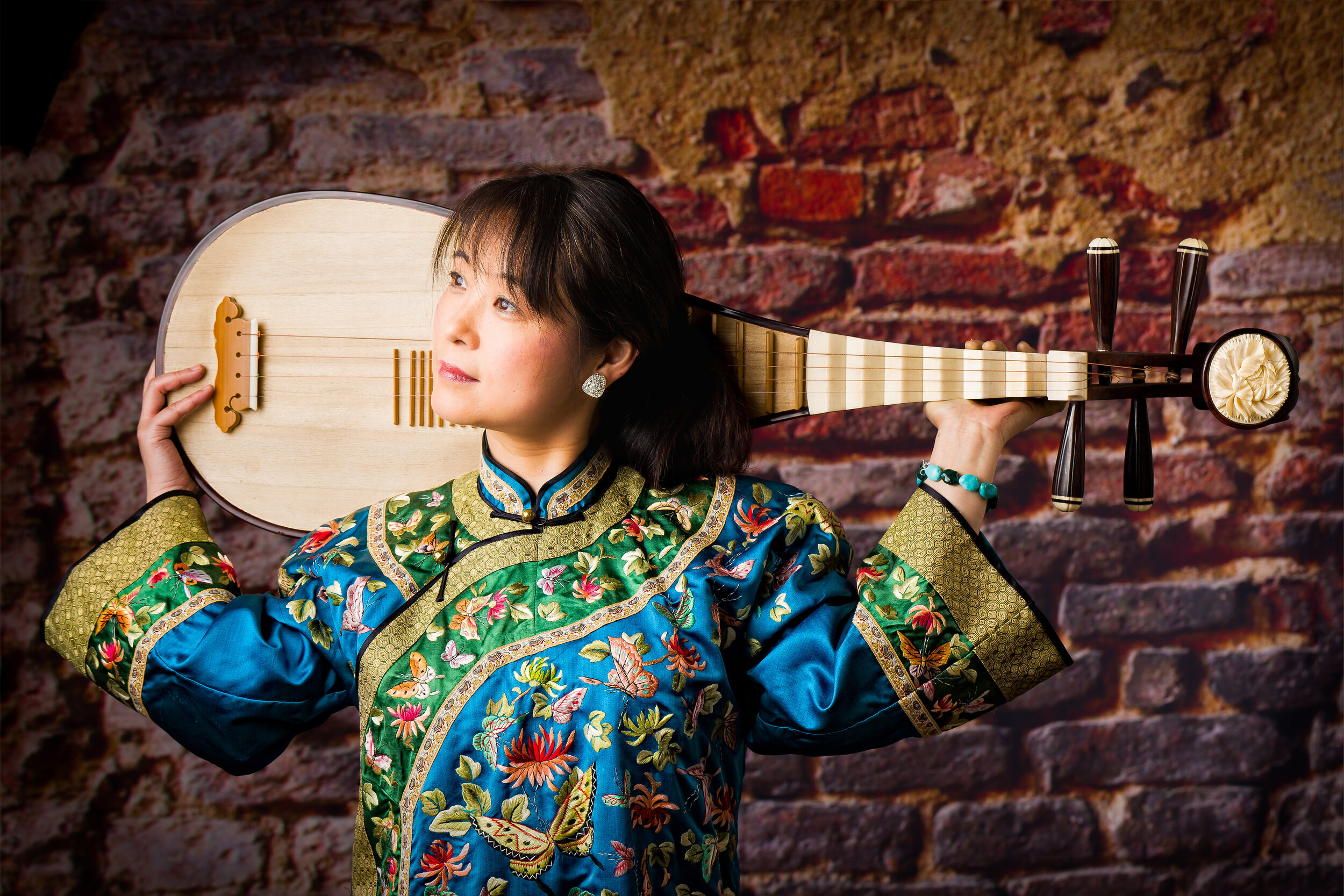
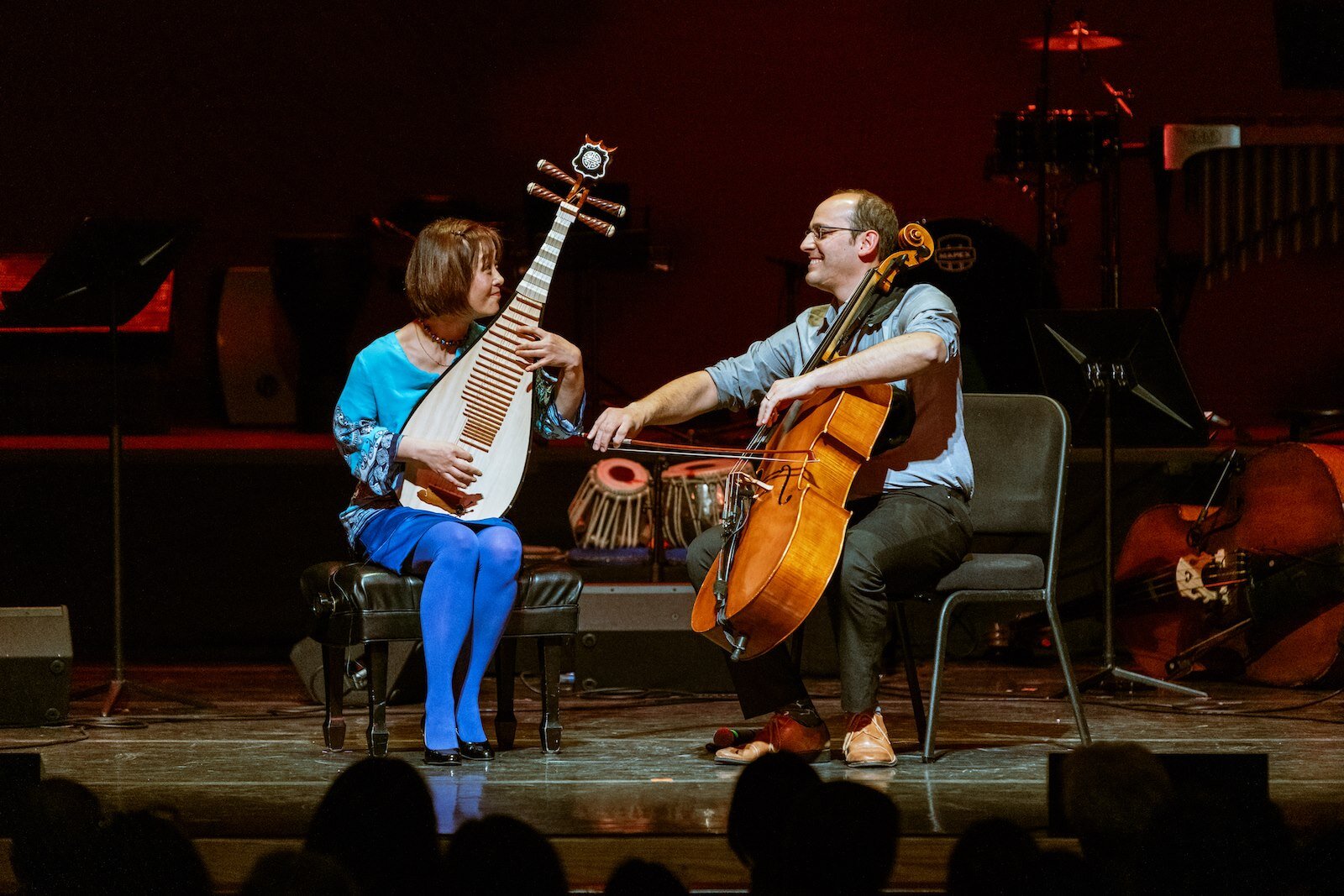
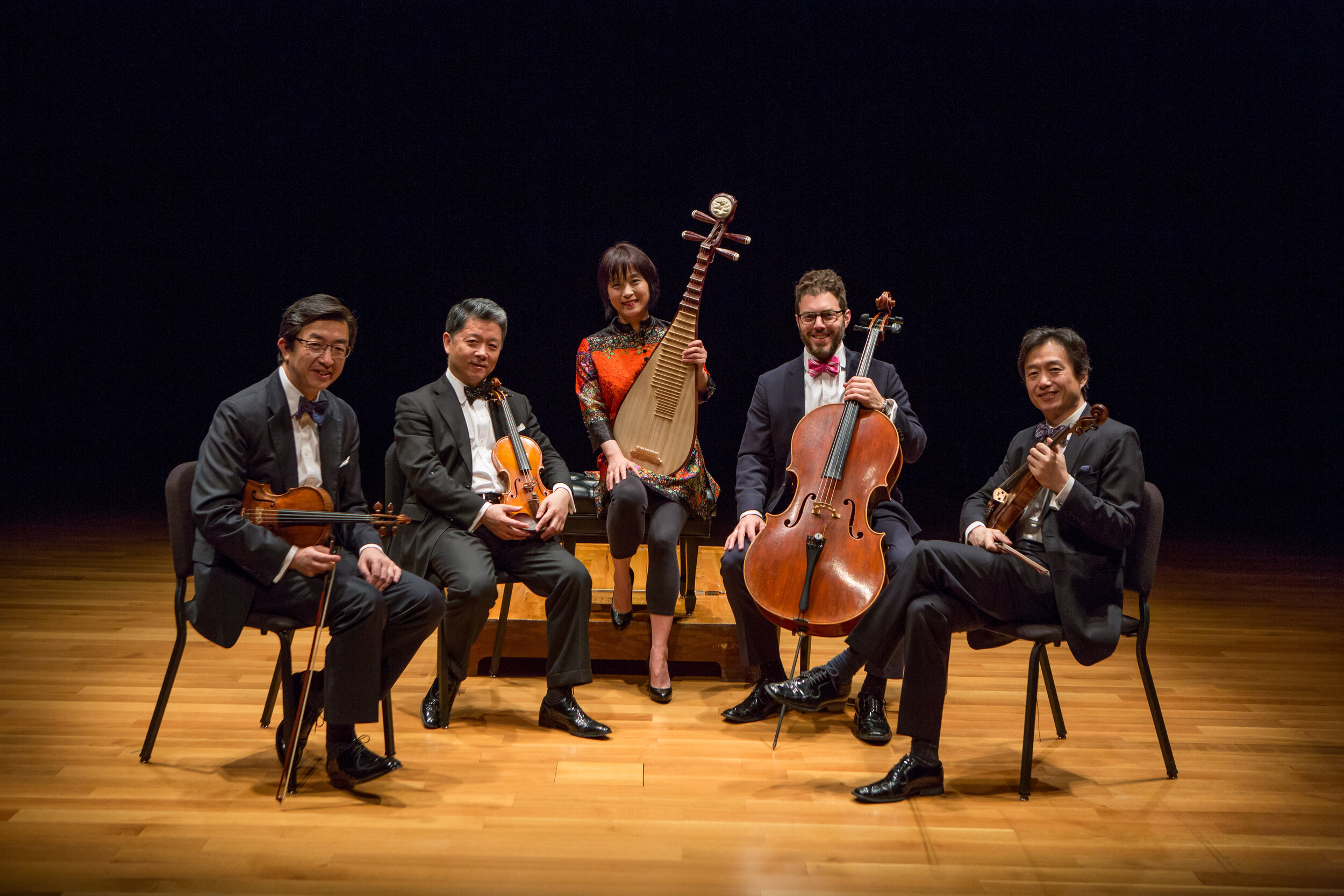
What kind of projects have you been working on and what can we expect in the coming months or year?
This year I released two albums, “Flow” and “Distant Mountains.” Both pair the pipa with another traditional instrument. “Flow” is my project with shakuhachi master – and fellow Silkroad member! - Kojiro Umezaki and “Distant Mountains” is with sheng master Wu Wei.
I recorded a solo pipa recital for the IDAGIO Global Concert Hall. Titled “An Evening with Wu Man—The Journey of Chinese Pipa: Ancient Ties for Modern Sound,” the pieces on the program were selected to show how the pipa’s story has shaped my own personal journey. It even includes Dance of the Yi People, the piece I played at my 1978 audition for the Beijing Conservatory, that I still perform today! As well as traditional music, there are also improvisations and some of my own compositions and arrangements. It is available to watch until Sep. 12.
I was proud to be on the faculty for Silkroad’s Global Musician Workshop this month. This is always an inspiring and stimulating experience and it was especially meaningful for me to be taking part while quarantining in China.
I have also been working on a score for a documentary film.
In February 2022 I will perform Lou Harrison’s pipa concerto with the San Francisco Symphony.
What are you listening to these days?
I have not been listening to much music lately, but I have been reading! I am currently reading the Tibetan Book of Living and Dying by Sogyal Rinpoche while in quarantine in China.
What advice would you give to a young musician who has now read through all of these questions?
Always be open to new experiences! Do not view different music traditions or different cultures as a barrier but a pathway to expanding your world. It you explore differences it will bring surprises to your life and make it more fun. Be generous and let music lead you in new and exciting places.
Is there anything else you would like to share?
Right now I am back in China, which is very exciting. After four weeks of quarantine, I am eager to see my family and also resume my professorship at the Zhejiang Conservatory.
Click here to watch a video from Wu Man while in quarantine!
